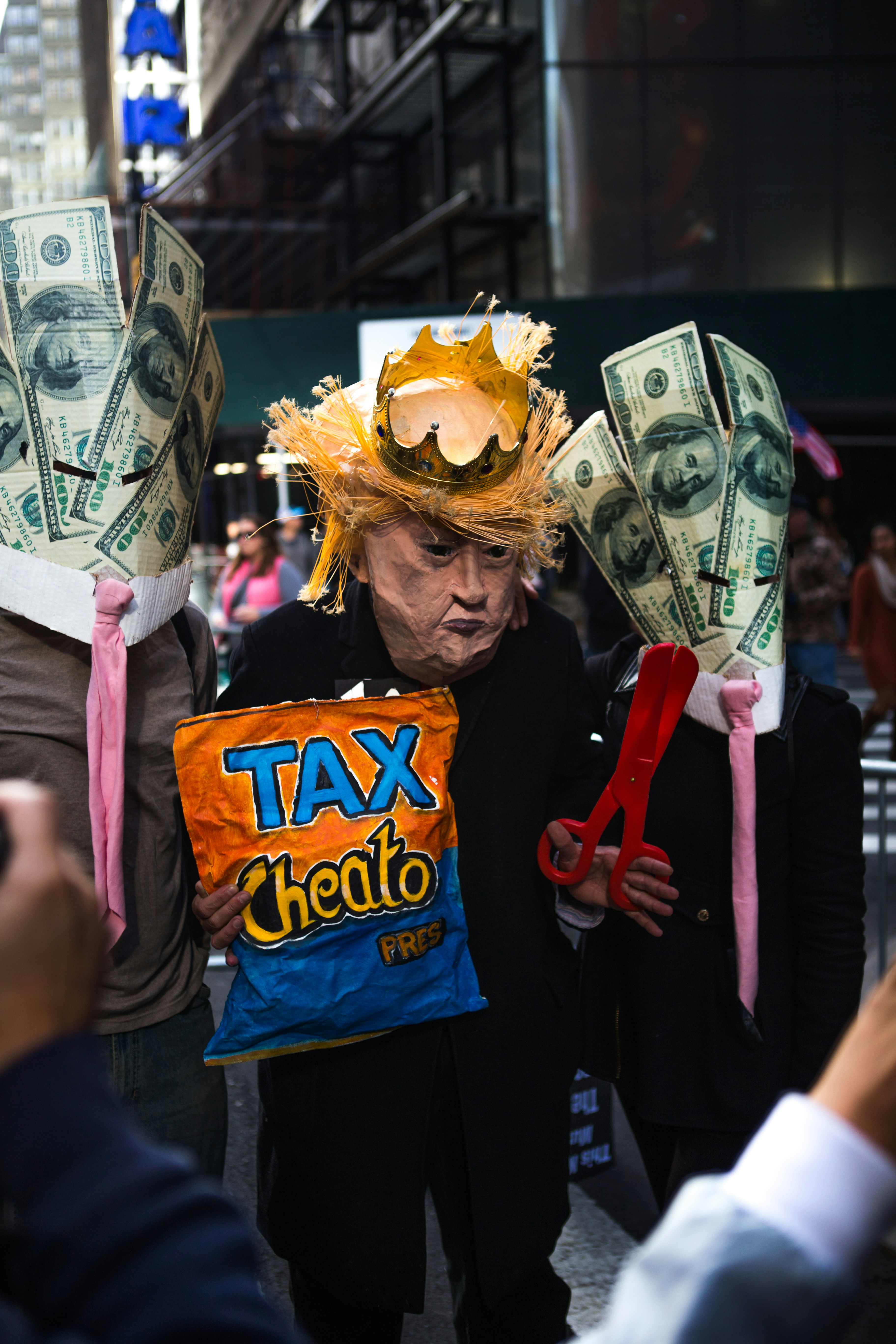Trump's Tariffs: A Reality Check On Economic Doom-Mongering

Donald Trump’s election as president marked a seismic shift in American politics, particularly in economic policy. Among his most controversial pledges were trade tariffs aimed at protecting domestic industries and addressing trade imbalances. These proposals sparked a wave of dire economic predictions, with economists warning of higher consumer prices, retaliatory trade wars, and slower global growth.
However, while concerns about protectionism are valid, excessive doom-mongering risks undermining the credibility of globalisation’s defenders. By failing to consider mitigating factors and potential upsides, critics may alienate voters and erode trust in economic expertise.
Understanding Trump’s Tariff Plans
Overview of Proposed Tariffs
Trump’s proposed trade policies included tariffs on imported goods, particularly from countries like China, and a push to renegotiate trade agreements like NAFTA. His administration argued these measures were necessary to protect American manufacturing, reduce the trade deficit, and counter unfair trade practices.
Immediate Reactions from Economists
Economists quickly responded with grim forecasts. They warned that tariffs would raise costs for consumers, disrupt global supply chains, and provoke retaliatory measures from trade partners. Some predicted significant damage to the global economy, fueling fears of a deglobalisation spiral.
The Problem with Economic Alarmism
Risk of Overstating the Impact
While protectionism poses risks, the historical record suggests that its effects are often less dramatic than predicted. For instance:
- Past tariffs have sometimes led to adjustments rather than catastrophic outcomes, as businesses adapt by diversifying supply chains or passing costs to consumers.
- Domestic industries may temporarily benefit from reduced competition, bolstering employment and investment in key sectors.
Ignoring these mitigating factors can lead to an exaggerated narrative that doesn’t align with reality.
Undermining Globalisation’s Credibility
Alarmist rhetoric risks discrediting globalisation’s defenders. When warnings are overly dire, they can backfire by making economists and policymakers seem out of touch. Public trust in economic expertise has already been shaken by perceived inaccuracies in past predictions, such as those surrounding Brexit.
If voters sense bias or exaggeration, they may dismiss even well-founded arguments, further weakening support for globalisation and free trade.
A Balanced Perspective on Tariffs
Recognising Legitimate Risks
Tariffs do pose real challenges. They can:
- Strain international trade relationships, particularly if trading partners retaliate with their own tariffs.
- Lead to higher costs for imported goods, which may be passed on to consumers.
- Disrupt global supply chains, increasing uncertainty for businesses.
Acknowledging Potential Upsides
At the same time, it’s important to consider potential benefits:
- Tariffs could create breathing room for domestic industries to regain competitiveness, especially in sectors like steel and manufacturing.
- They may incentivise renegotiation of trade deals to address longstanding issues, such as intellectual property theft or currency manipulation.
The Need for Constructive Engagement
Rather than focusing solely on worst-case scenarios, economists and policymakers should engage constructively. They can advocate for strategies that mitigate the downsides of tariffs while leveraging their potential benefits. For example:
- Offering targeted support to industries and workers most affected by trade disruptions.
- Promoting innovation and competitiveness in domestic sectors.
The Broader Implications for Economists and Policymakers
The Crisis of Expertise
The backlash against free trade reflects a broader crisis of trust in economic expertise. Voters increasingly view economists as disconnected from their real-world concerns, such as job losses and wage stagnation. To rebuild credibility, experts must balance caution with pragmatism and acknowledge the lived experiences of ordinary people.
The Future of Globalisation
To defend globalisation effectively, its proponents must adapt their messaging. This includes:
- Addressing the inequalities and disruptions caused by free trade policies.
- Offering tangible solutions to help workers and communities affected by global competition.
- Framing globalisation as a force for shared prosperity, not just corporate profits.
Conclusion
Donald Trump’s tariff policies highlight the need for a measured approach to economic forecasting and policy critique. While protectionism carries significant risks, overly pessimistic warnings can backfire, undermining trust in experts and weakening support for globalisation.
To navigate the complexities of trade policy in an era of shifting public sentiment, economists and policymakers must engage constructively, balancing legitimate concerns with pragmatic solutions. Only through nuanced and evidence-based discourse can they chart a path forward that preserves the benefits of globalisation while addressing its shortcomings.
Author: Gerardine Lucero
Gyrostat Capital Management: Why Risk Management Is Not About Predicting Risk
Why Risk Management is Not About Predicting Risk Financial markets reward confidence, but they punish certai... Read more
Gyrostat January Outlook: Calm At Multiyear Extremes
This monthly Gyrostat Risk-Managed Market Outlook does not attempt to forecast market direction. Its p... Read more
Gyrostat December Outlook: The Market Does The Work
Harnessing Natural Volatility for Consistent Returns Markets have always moved more th... Read more
Gyrostat Capital Management: Why Advisers Must Scenario-Plan Both The Bubble And The Bust
The Blind Spot: Why Advisers Must Scenario-Plan Both The Bubble and The Bust In financial m... Read more
Gyrostat Capital Management: The Hidden Architecture Of Consequences
When Structures Themselves Become A Risk In portfolio construction, risk is rarely where we look for it.... Read more
Gyrostat November Outlook: The Rising Cost Of Doing Nothing
Through the second half of 2025, markets have delivered a curious mix of surface tranquillity and instabi... Read more

